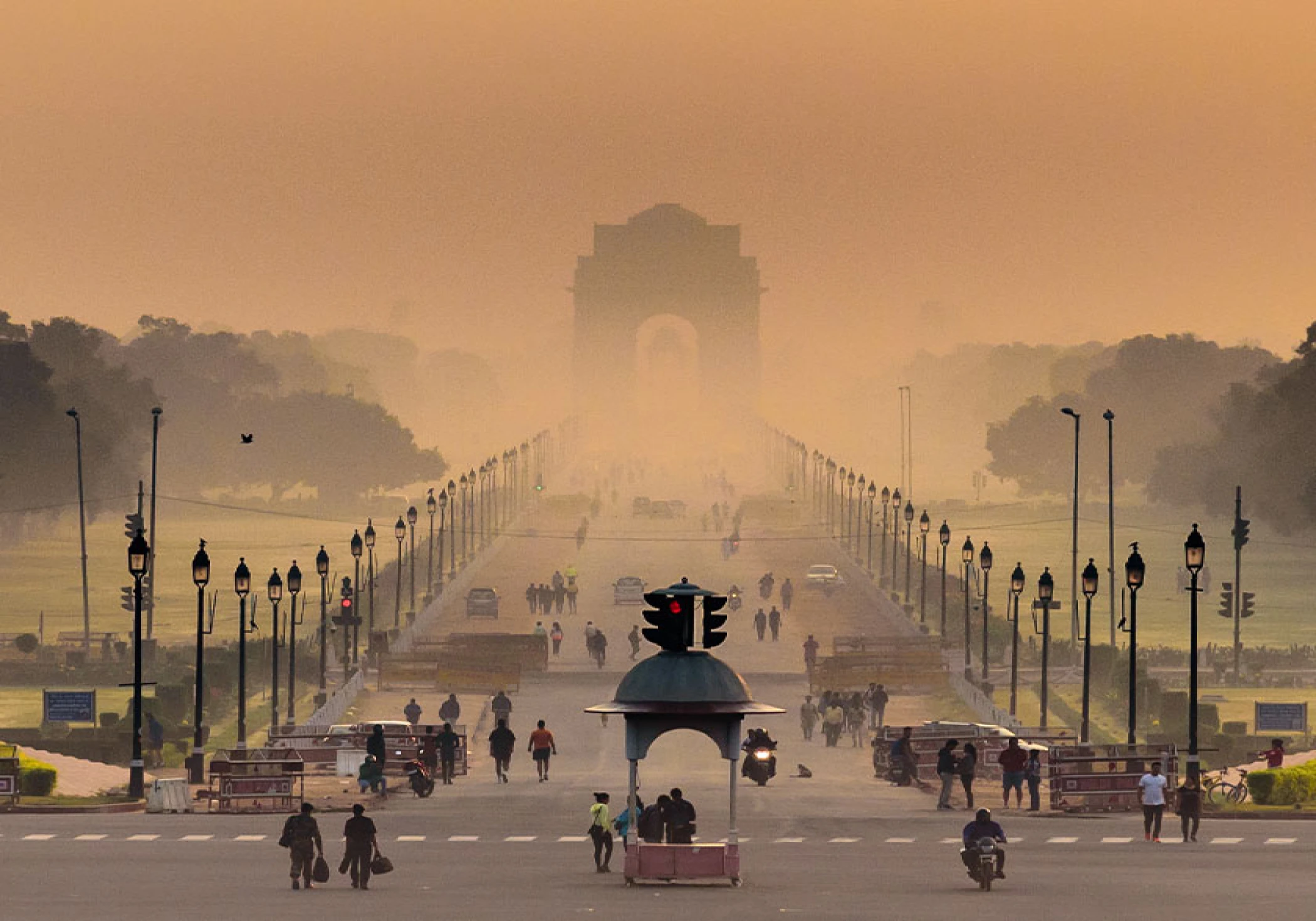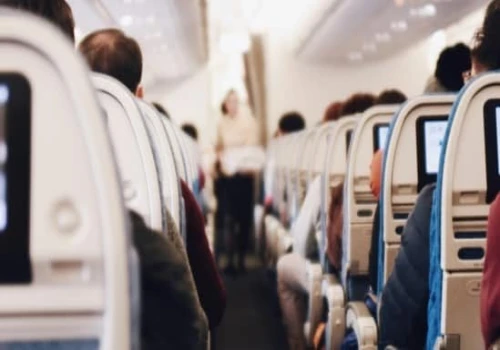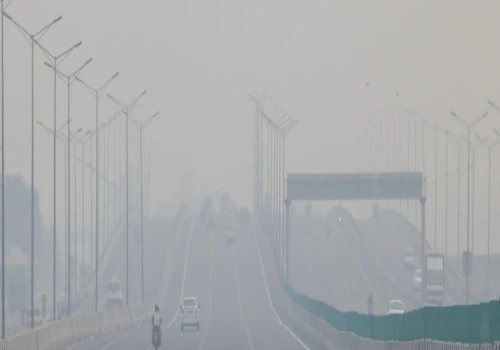
Deteriorating air quality in Delhi, a longstanding concern, recently prompted decisive action by the central government. On Friday, an order was issued to enforce a ban on non-essential construction work and the operation of BS-III petrol and BS-IV diesel four-wheelers due to worsening air quality in the region. Delhi, within a mere two days, experienced its most severe pollution levels, reaching a critical state.
The suffocating air, exacerbated by cold and fog, has made breathing challenging for residents, with pollution levels rising furiously. Responding to the escalating pollution, the Graded Action Response System (GRAP) entered its third phase. Following a meeting of the Commission for Air Quality Management (CAQM), the decision to implement GRAP-3 in the capital was made. The enforcement of GRAP-3 norms led to an immediate prohibition on all non-essential construction and demolition activities.
In an effort to combat pollution, a ban on BS-3 and BS-4 diesel vehicles on Delhi's roads and in surrounding districts has been enacted. Only BS-6 diesel vehicles are permitted to operate. Simultaneously, there is a ban on non-essential construction and demolition work. The implementation of GRAP-3 also extended to Delhi-NCR, resulting in the prohibition of diesel BS-4 and petrol BS-3 vehicles. Violators of these restrictions will face heavy fines.
The Commission for Air Quality Management (CAQM), responsible for devising pollution control strategies, attributed the sudden surge in Delhi's daily average Air Quality Index (AQI) to adverse meteorological conditions. Factors such as fog, haze, and variations in wind speed were identified as contributors.
Under the third phase of GRAP, stringent measures have been initiated, including the strict prohibition of construction and demolition activities, highlighting the urgent need to address the critical air quality situation in the region.
GRAP, the central government's air pollution control initiative implemented during the winter season, classifies actions into four stages: Stage I – 'Poor' (AQI 201-300); Stage II – 'Very Poor' (AQI 301-400); Stage III – 'Severe' (AQI 401-450); and Stage IV – 'Severe Plus' (AQI>450).
Delhi-NCR experienced elevated pollution levels in the preceding month, with the AQI surpassing 450 in numerous areas. The advent of winter poses specific challenges in the region, exacerbated by stubble burning in Haryana, Punjab, and Uttar Pradesh, unfavorable meteorological conditions, and vehicular pollution.






